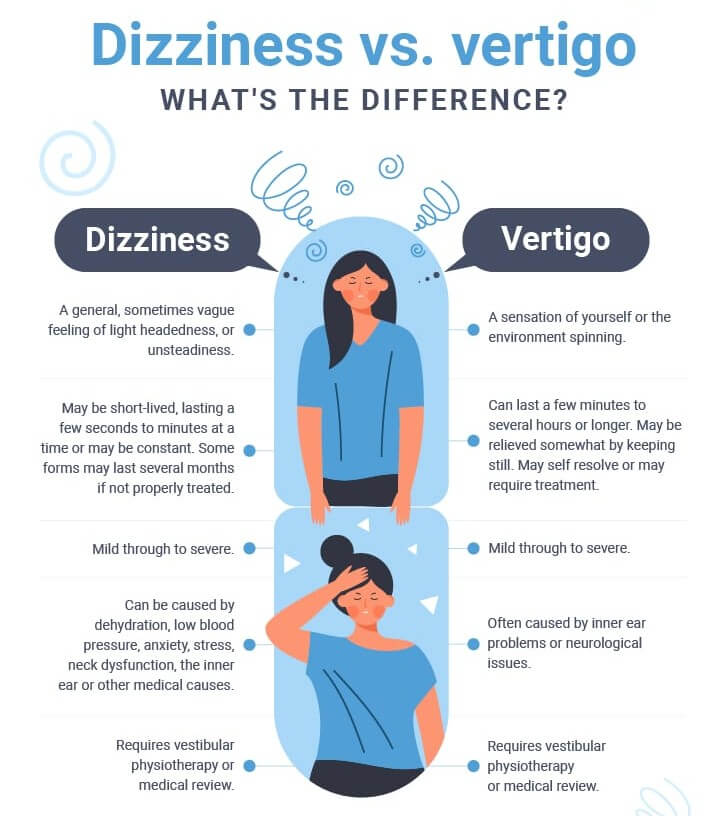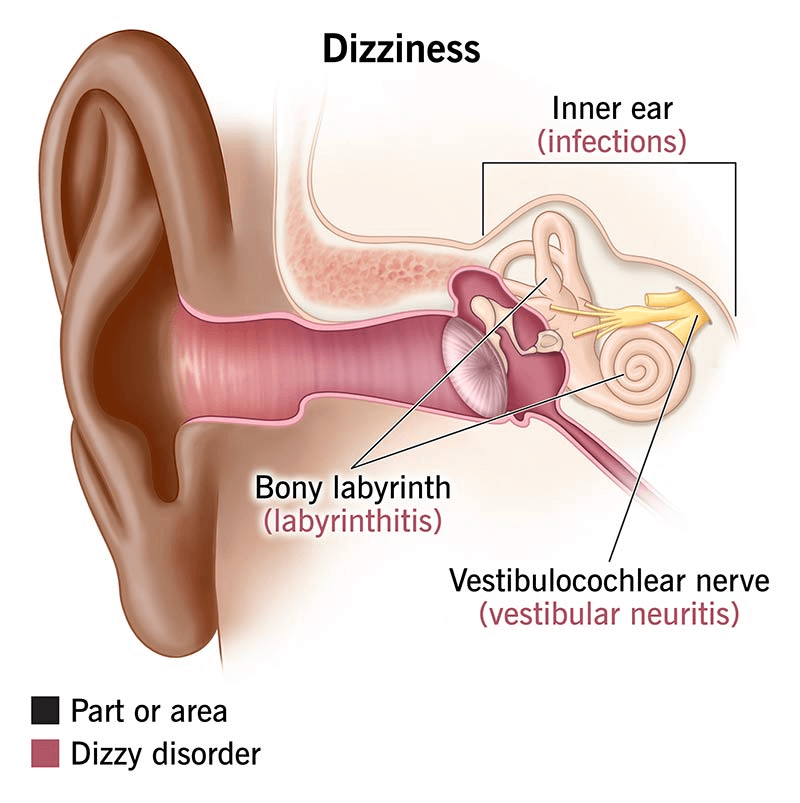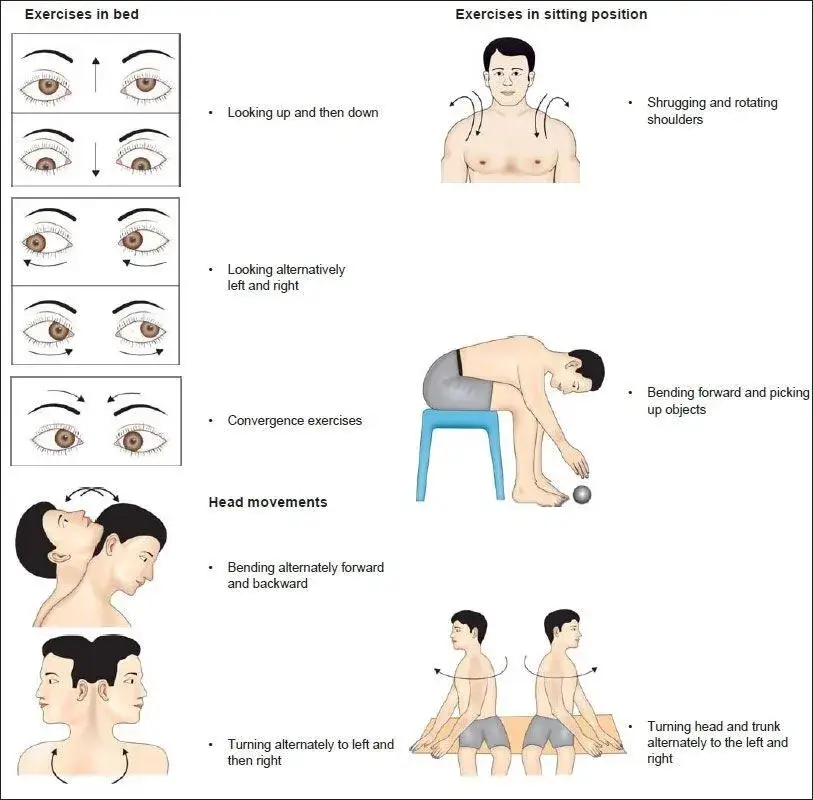
Vertigo and dizziness are disorienting and often frightening sensations that can significantly impact daily life, leading to anxiety, reduced activity, and an increased risk of falls. While there can be many causes, a common origin lies within the vestibular system – the intricate network in your inner ear and brain that helps control balance and eye movements. Fortunately, specialized physiotherapy, known as vestibular rehabilitation, offers highly effective treatments for many forms of dizziness and vertigo.
Understanding Vertigo and Dizziness
It's important to distinguish between the two:
- Vertigo: A sensation of spinning, either you feel like you are spinning or the world around you is spinning. It often comes with nausea, vomiting, and balance problems.
- Dizziness: A broader term that encompasses feelings of lightheadedness, faintness, unsteadiness, or a general sense of imbalance without the spinning sensation.
Common Causes Addressable by Physiotherapy
Many types of vertigo and dizziness respond very well to physiotherapy:
- Benign Paroxysmal Positional Vertigo (BPPV): The most common cause of vertigo, triggered by specific head movements. It occurs when tiny calcium carbonate crystals (otoconia) dislodge from their normal position in the inner ear and move into one of the fluid-filled semicircular canals.
- Vestibular Neuritis/Labyrinthitis: Inflammation of the vestibular nerve or inner ear, often following a viral infection, leading to sudden, severe vertigo.
- Unilateral Vestibular Hypofunction: Weakness or damage to one side of the vestibular system, causing chronic dizziness and imbalance.
- Cervicogenic Dizziness: Dizziness originating from dysfunction in the neck, often due to whiplash, poor posture, or arthritis in the upper cervical spine.
- Post-Concussion Syndrome: Dizziness and balance issues following a head injury.

How Vestibular Rehabilitation Physiotherapy Helps
A specialized vestibular physiotherapist will conduct a thorough assessment to identify the underlying cause of your dizziness. Treatment may involve:
- Canalith Repositioning Maneuvers (for BPPV): Specific head and body movements (e.g., Epley maneuver) to reposition the dislodged crystals back into their correct location, often providing immediate relief.
- Gaze Stabilization Exercises: Designed to improve eye control and reduce dizziness when moving your head.
- Balance Retraining Exercises: Gradually challenging your balance system to improve stability and reduce fall risk, adapting to different surfaces and visual conditions.
- Habituation Exercises: Repeated exposure to movements that provoke dizziness, to help your brain get used to and eventually ignore the abnormal signals.
- Neck Mobility and Strengthening: For cervicogenic dizziness, addressing any stiffness or weakness in the neck.
- Education: Learning about your condition, strategies to manage symptoms, and how to safely navigate daily activities.

Living with vertigo and dizziness can be isolating and frustrating, but you don't have to endure it. Vestibular rehabilitation physiotherapy is a highly effective, evidence-based treatment that can significantly reduce symptoms and restore your balance and confidence. If you're struggling with dizziness or vertigo, contact Arogya Physiotherapy for a comprehensive assessment and a personalized plan to help you get back on your feet, steady and strong.